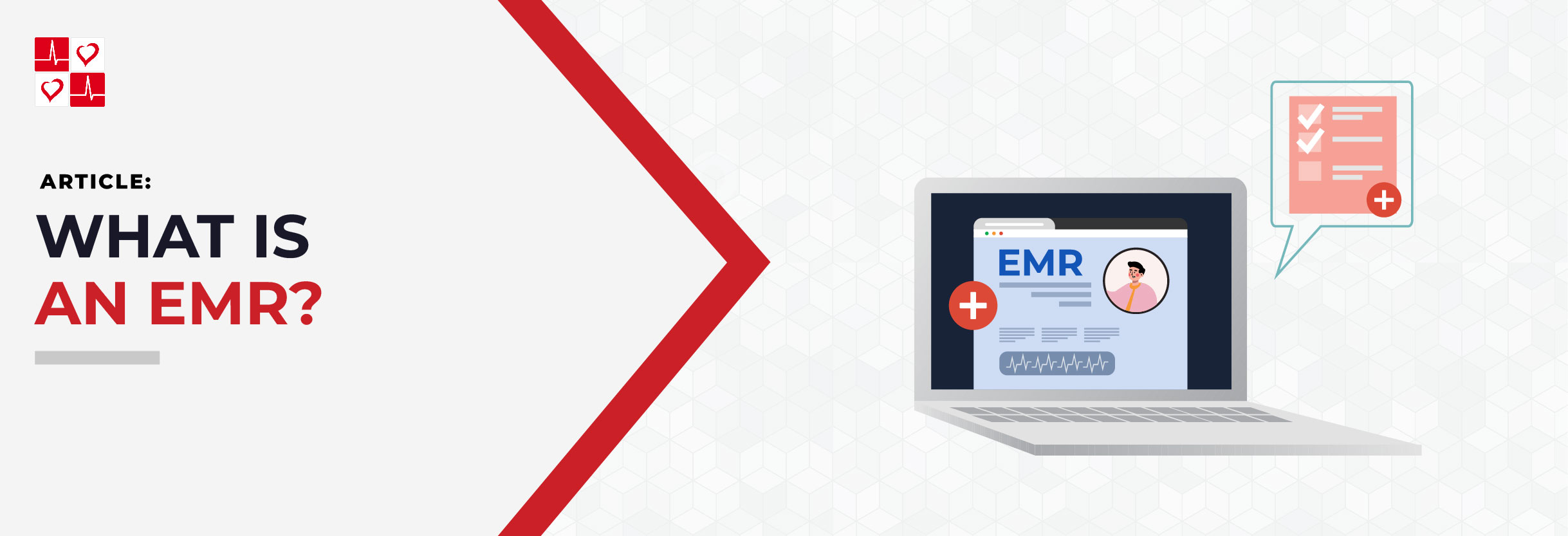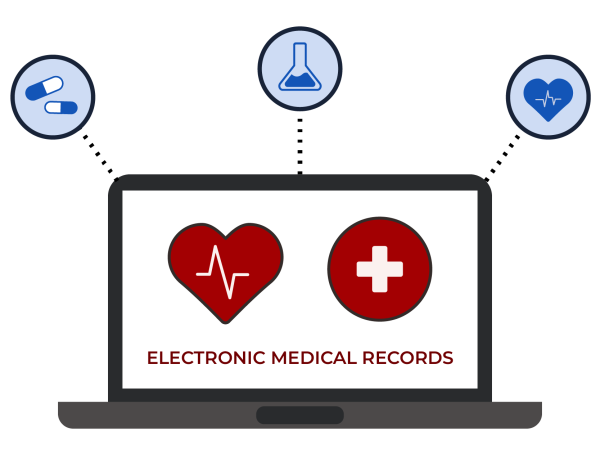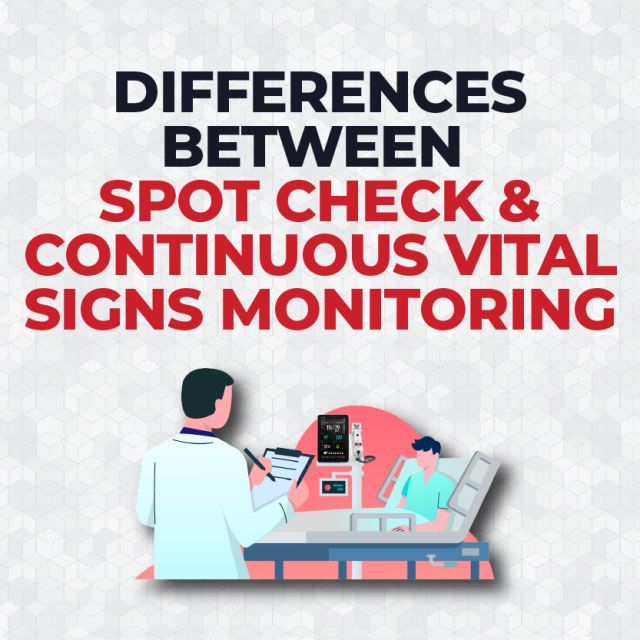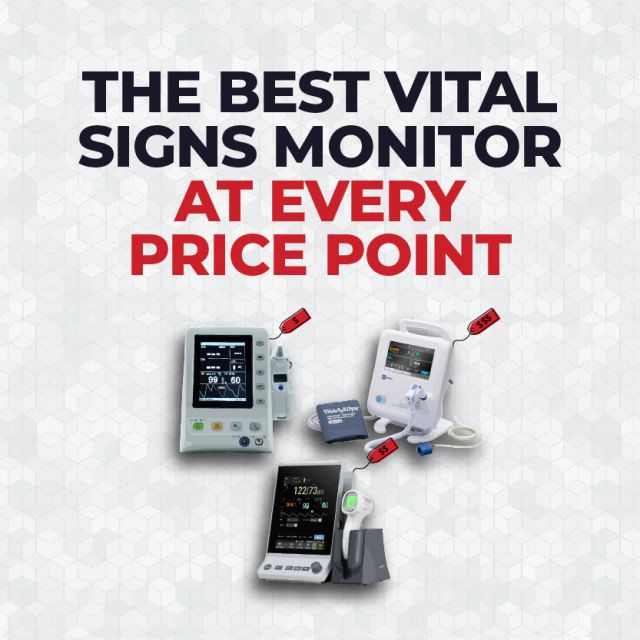What is an EMR?

What is an EMR?
An EMR, or Electronic Medical Record, is a digital version of a patient’s medical history, tests, diagnosis and treatment that is stored online. EMR’s includes information about a patient’s medical history, such as:
- Diagnoses
- Medications
- Allergies
- Test results
- Treatment
- Lab Results
- Doctor’s notes
- Immunization Dates
EMR’s are also often used to:
- Help providers prescribe medications
- Order lab tests
- Code medical bills
- Process insurance claims
- Manage payments
- Schedule patient visits

What's the Difference between an EMR and EHR?
While EMRs and EHRs are similar, they have a few differences. EMRs contain comprehensive records to be used within a particular medical office. On the other hand, EHRs provide comprehensive patient-history records that are shareable across multiple practices and various providers. Generally, EHRs contain more information than EMRs.
Benefits of EMR
EMRs benefit both patients and healthcare providers. Some of the most notable advantages of EMRs include:
Improved Patient Care
Firstly, EMRs can help healthcare providers quickly access accurate and up-to-date patient information to improve patient care, patient safety, reduce the risk of medical errors.

Increased Efficiency
EMRs can improve efficiency by streamlining clinical workflows and reducing the amount of time spent on administrative tasks such as filing and retrieving paper records.

Enhanced Collaboration
EMRs can facilitate communication and collaboration between healthcare providers to more easily share patient information. This can improve the quality of patient care and reduce the risk of errors or duplication.

Better Data Management and Analysis
EMRs can help healthcare organizations manage patient data more effectively, which help identify trends and make informed decisions about resource allocation.

Cost Savings
Finally, EMRs can reduce costs associated with printing, storage, and retrieval of records. They can also reduce the need for duplicate tests or procedures, and can improve the accuracy of billing and coding.








